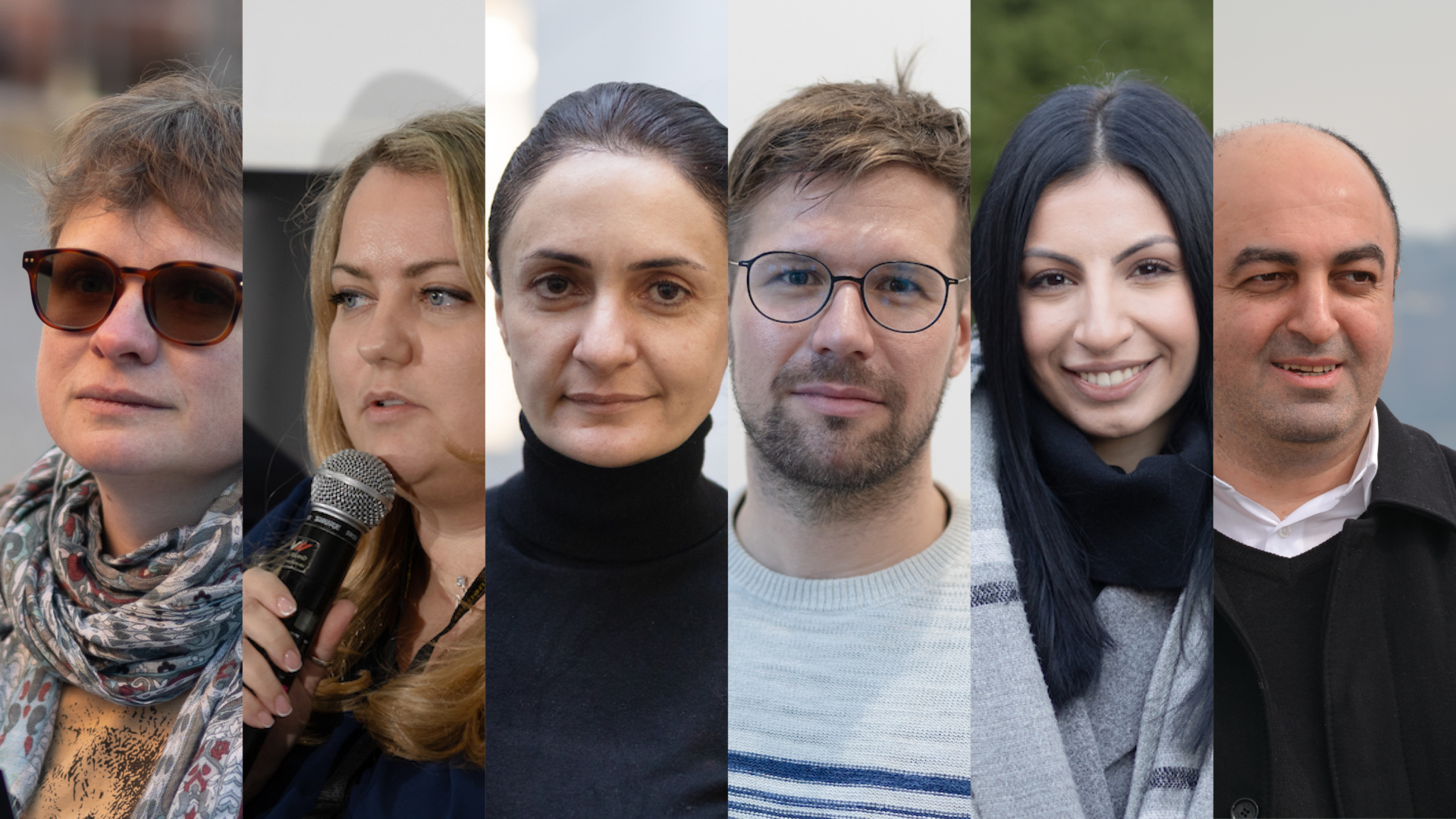Belarus: “Today repressions are happening in silence”
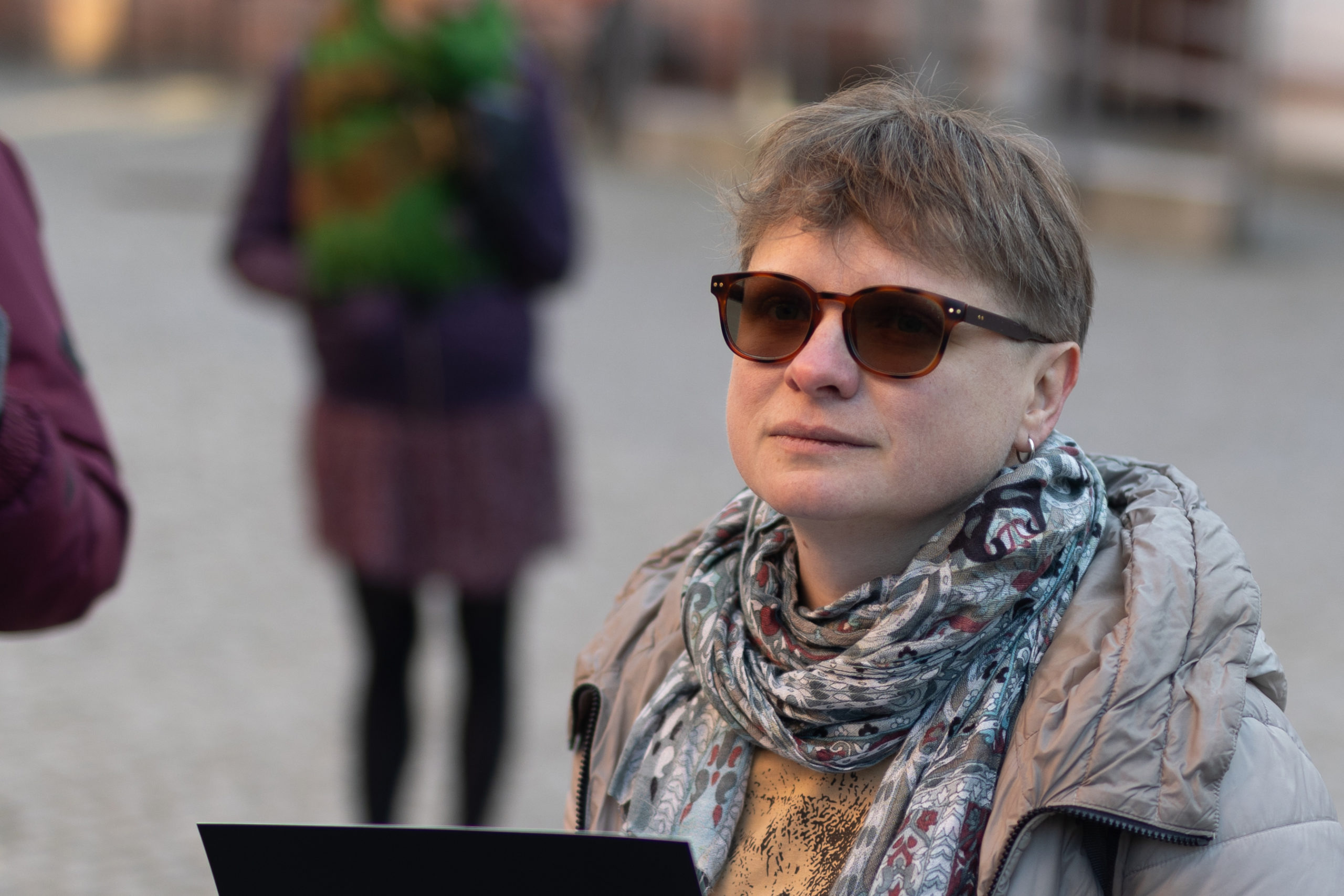
“Repressions in Belarus did not stop and did not decrease its intensity. But compared with 2020 – when it was on the pages of international media – today repressions are happening in silence.”
“There are currently 1400+ political prisoners in Belarus. This number stays more or less on the same level, but this is not because the repressions stopped, but because previously imprisoned persons who were sent to jail in 2020 for two-three years, – are now being released… and now there are new people, new cases. [Since May 2020, the country’s human rights community has designated 2,823 people as political prisoners.]”
“Talking about these numbers, we must always make a side note that these are people known to the HRDs, [and there are unknown] because access to the information is quite complicated, as the human rights organisations are recognised as extremist groups and only for contacting them, people can be persecuted by law, Belarusian laws, which are of repressive nature. [Additionally] there have been dozens of thousands of people since 2020, [who suffered from] administrative persecution, short-term detentions, attacks, tortures, beatings… All this time persecutions were accompanied by vast violations of human rights.”
“[The situation in Belarus] is in the shadow of more loud and horrible events in the region. And these quiet repressions continue to take place, already becoming less interesting to the world.”
“[While] HR organisations’ work is criminalised today, they do not give up, as the workload is not getting less.”
“2020 for me – was an example that nothing is senseless and it is important to continue. Our colleagues are behind bars and we can’t allow ourselves to give up, because this would betray them… But of course, we all go through the phases of despair, impotence, and self-doubt.”
“I do believe it is going to be better, but not fast… I think I look at the future both as a pessimist and as an optimist. As a pessimist because in the nearest future I don’t see any light, as an optimist, because there is no other way.”
Every day, when you wake up and start your work you must believe that one day this seed will grow and bring the fruit.
Ukraine: “A big part of human rights work is connected to the war”
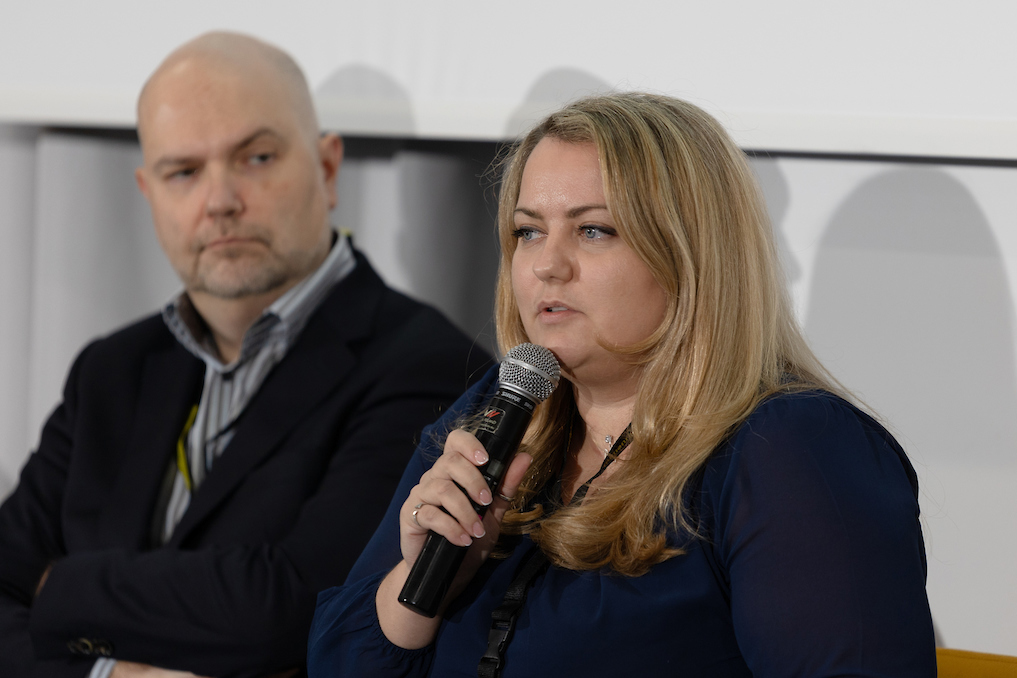
“Now, as the front line has shifted, our life is divided into two parts… A big part of human rights work is connected to the war. Since the beginning of the full-scale invasion, there has been a phenomenon of war crimes. “
“In the past, the beneficiaries of our work were people persecuted by the state or third parties, representing civil society within the country. But now, we have newly occupied territories, and there are many representatives of civil society on these territories who are severely persecuted, tortured, and even killed. They hide in the most challenging ways because they are pursued by [Russian] FSB and various other special services. And you have to provide these people with a chance to survive.”
But it’s not just about my work, it’s about the fact that every time we successfully manage to rescue someone, all the others who remain there gain hope that they are not abandoned, that they are remembered, and that they are taken care of…
“One of the challenges of the conditions [of war] under which we have to work – is due to the introduction of martial law due to Russian aggression. Consequently, a certain part of freedoms were legally restricted. Now, for instance, [it became more difficult] to implement some human rights work or activities such as performing the role of the watchdog in relation to the government’s actions.”
“Our civil society is not going to concede… It is quite creative in finding ways to [continue its work]. If at some point we can’t gather for certain actions, people still find ways through… for example, organising solitary pickets, or large coffee-drinking meetings by the city councils to express disagreement with how budgets are processed.”
“Many representatives of civil society who went [to the front] were actually irreplaceable in their roles, because they have done a lot of very valuable work… First of all, we lost them as a resource for protecting the environment, protecting women, protecting the LGBT+ community, and protecting fundamental freedoms. And each such person in their role is unique.”
“It is becoming increasingly difficult for us to defend human rights inside the country, especially when we lose such people, who are killed by Russia, when they go to fight, it greatly exhausts us. But the uniqueness of Ukrainians is precisely that this pain is converted into very productive anger. We know how to convert it into a new level of resistance and new initiatives are born.”
“When we make decisions about whether we should continue to defend human rights… We need to be globalists… Globally, we have been living in this resistance for about 300 – 400 years. And if we talk about the history of every Ukrainian family, how many losses we have suffered due to Russian repressions over time… The Soviet Union, the Russian Empire, and so on…”
“In my opinion, for the sake of future generations and their opportunity to realise themselves as Ukrainians in the global world, we simply do not have the right to stop. Because if now, for example, Lyudmyla Yankina, as a tired person, decides to withdraw from the process, I won’t have anything to [say to the next generations].”
Armenia: “Armenians want to move towards democracy and human rights”
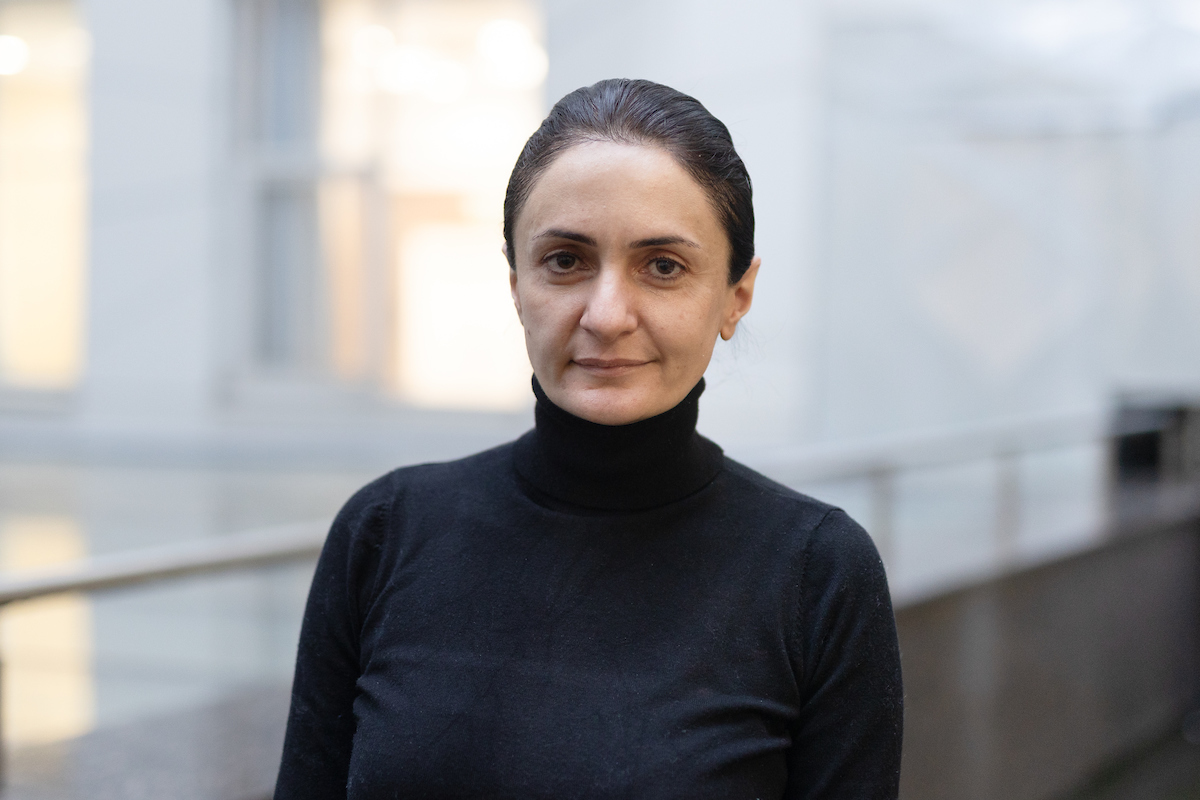
“Armenia has been going through very difficult times for the last three years. [The situation] has been and still is very disturbing. In this sense we understand the importance of democracy, especially in times of crisis like we are facing, and that we have to cherish and further strengthen our democracy in Armenia.”
“The human rights [situation] is influenced by war – it started in 2020, but it hasn’t stopped. The risks, the security challenges are bigger now in Armenia and every day we are expecting an invasion from Azerbaijan. So it’s something very real for us…”
“The government and the society are facing a huge humanitarian crisis. I mean we have been concentrating all our attention and efforts on this issue and it’s still continuous because this is a huge number of people [Nagorno-Karabakh refugees] for Armenia.”
“It would not be honest to say that it doesn’t affect the human rights situation and [human rights defenders], because life in Armenia in general is put on hold.”
“The objective [for the human rights defenders] is to say one day that they have reached their objectives in terms of their human rights work. And I would say this mostly when there is equality for all. So that’s really important.”
“It is also important [to continue the human rights work] because it’s the only way that we can be integrated into the European family…of democracy… And this democracy is also thanks to the work of civil society.”
Croatia: “There is a right to be a human rights defender and the state should secure it in these conditions.”
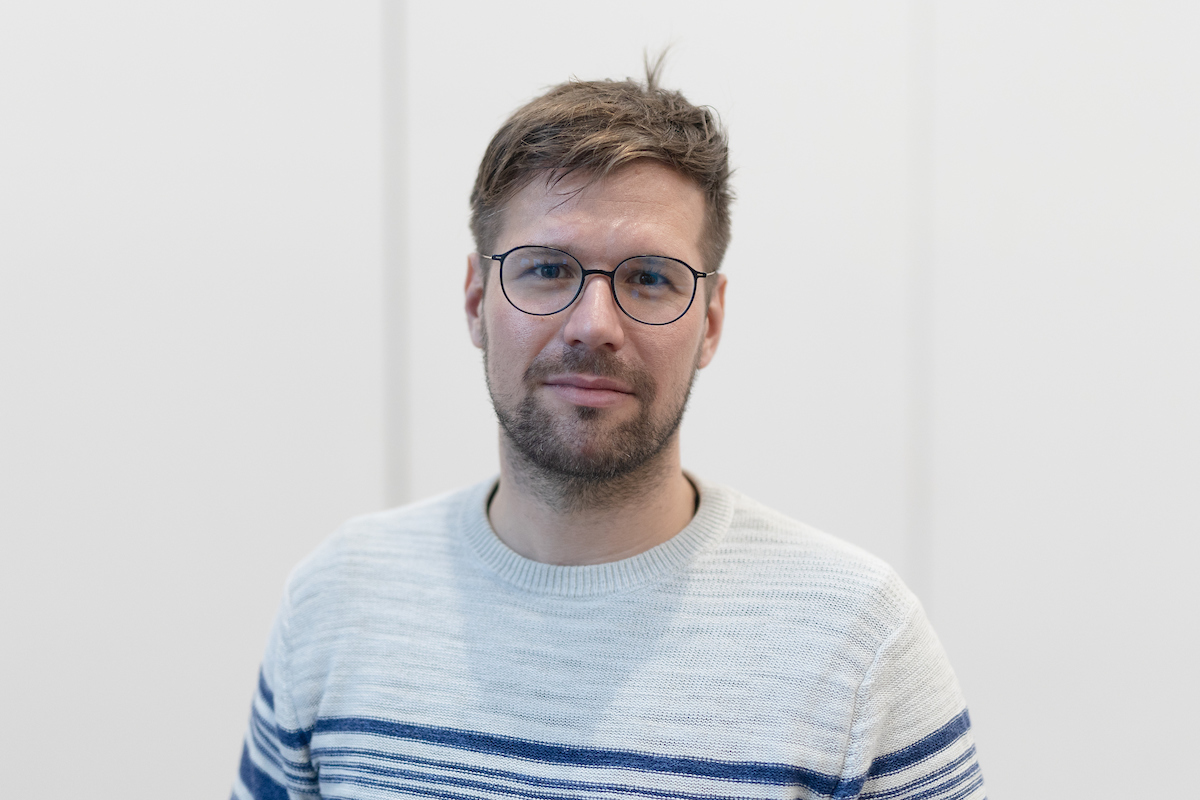
“We are lucky, I would say, in Croatia, in comparison with other countries where the Human Rights Houses are established, despite all of the problems, the lack of the capacity of the institutions to actually do something with human rights, there is still the willingness and then some opportunities to move things forward, to have the national policy on human rights, to advocate for the government, to provide some sort of funding for human rights work all those not nearly enough, but at least there is some actually to see things moving a little bit.”
“It is important to put our national realities into a broader context in which our colleagues, other human rights defenders are working. And, when you have in mind that the situation is much worse somewhere else and that it can deteriorate very fast in countries where you didn’t expect it would happen, – it is even more important to seize the opportunities that are in front of us and to do something very good.”
“We are human rights defenders. There is a right to be a human rights defender and the state should secure it in these conditions.”
Serbia: “Verbal attacks and discrimination”
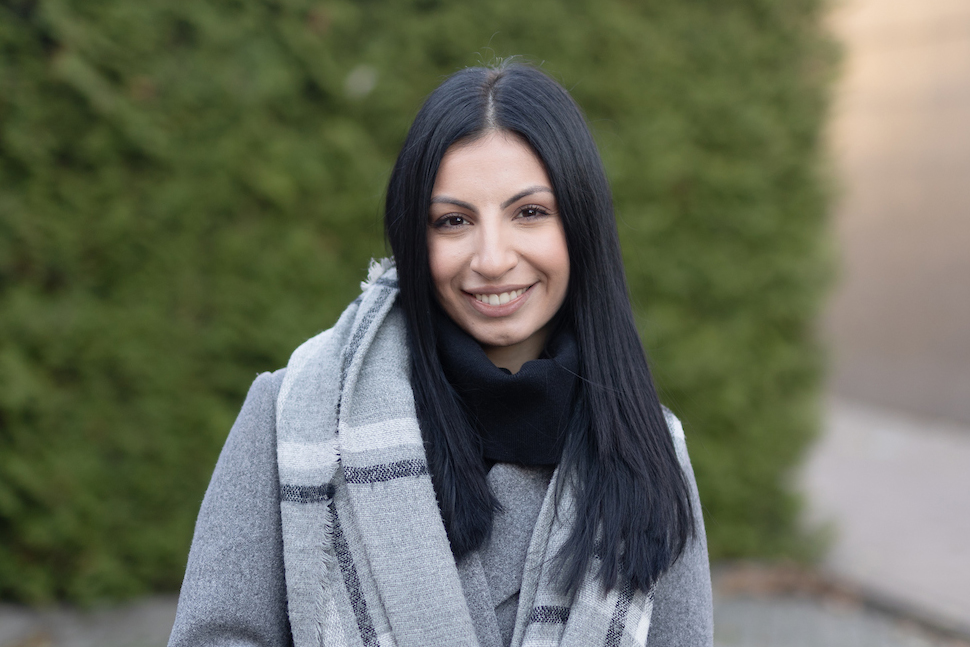
“In Serbia, we are in the process of EU integration. But I cannot say that the state of human rights and the rule of law and democracy is on a satisfactory level. We have this ruling party that is present and has the majority in every state institution.”
“There is a lot of corruption and we will have elections in December. But there is no guarantee that those elections will be conducted in a fair and transparent manner.”
“Human rights defenders in Serbia do not have public support from the state authorities.”
“There are a lot of verbal attacks that human rights defenders and their work and the state authorities would not reject these attacks and discrimination, and in most cases, the most terrible attacks actually come from them. So it’s really challenging. It can be especially challenging when you are working with topics like corruption, or LGBT+ rights…”
“But it is very important to continue with human rights work. To raise awareness among citizens about their own rights and how to protect themselves because most people do not know what to do when their rights are jeopardised.”
Georgia: “We rallied Georgian society against the looming threat of the ‘Russian [Foreign Agent] law’”
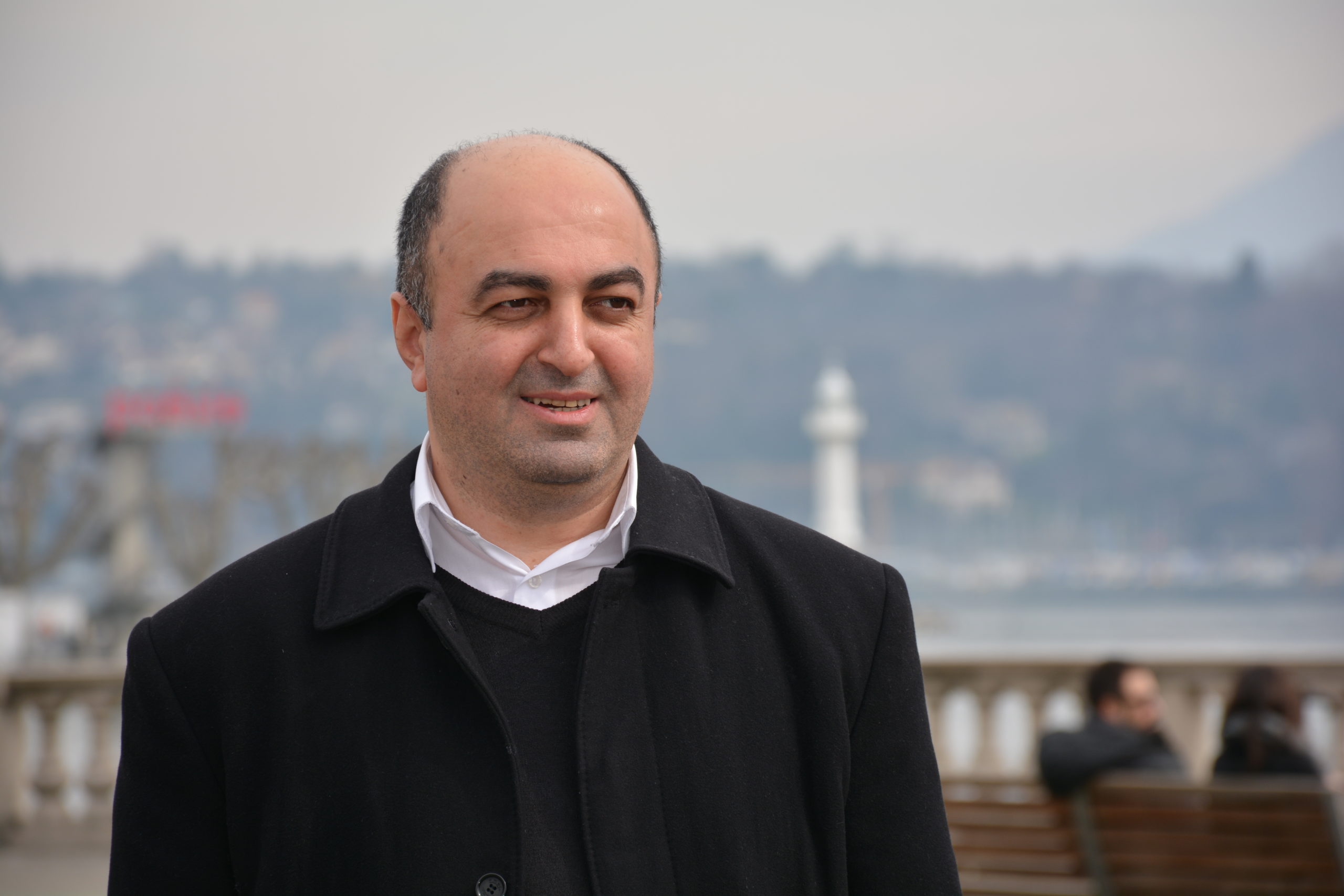
“After 2013 there have been important achievements that could have been impossible without a political will…”
“However, after the 2016 parliamentary elections, when the political field has been monopolised by the ruling party, we observe with concern the negative attitude of the authorities against independent constitutional institutions, including the President, the Public Defender of Georgia, NGOs and media. Consolidation of power is a serious problem in Georgia. There are clear signs of the application of selective justice by the state by launching criminal investigations against media owners and/or representatives.”
“Georgia lacks effective mechanisms and/or political will to investigate police abuses and consequently to properly hold perpetrators accountable, with law enforcers enjoying a substantial degree of impunity.”
“The Georgian government has attempted to install Russian-style laws on transparency of foreign funding and registration of foreign agents. Smear campaigns are directed against human rights defenders by senior state officials and politicians. Such an environment serves to stigmatise defenders in the eyes of the public and increases the risk of further attacks. Civil activists, critical media representatives, LGBTQI rights defenders face continuous attacks, including against Tbilisi Pride’s office, without accountability.”
“In March 2023, we successfully rallied Georgian society against the looming threat of the “Russian law,” which could have distanced Georgia from the EU. Through our collective efforts, we managed to overturn this law, showcasing the unwavering commitment of the Georgian people to secure their clear choice of a European future for their country.”
“Obtaining candidate EU member state status is not only a significant step towards realising the European aspirations of Georgians but also a vital means of diminishing Russia’s influence in Georgia.”
“The status means that a government should refrain from the shrinking civic space, smear campaigns against civil society, anti-Western rhetoric and start real reforms instead of “cosmetic” changes.”
The civil society is more mobilised, vibrant, active and strong and can play a vital role in the association process and to improve human rights standards in the country.


